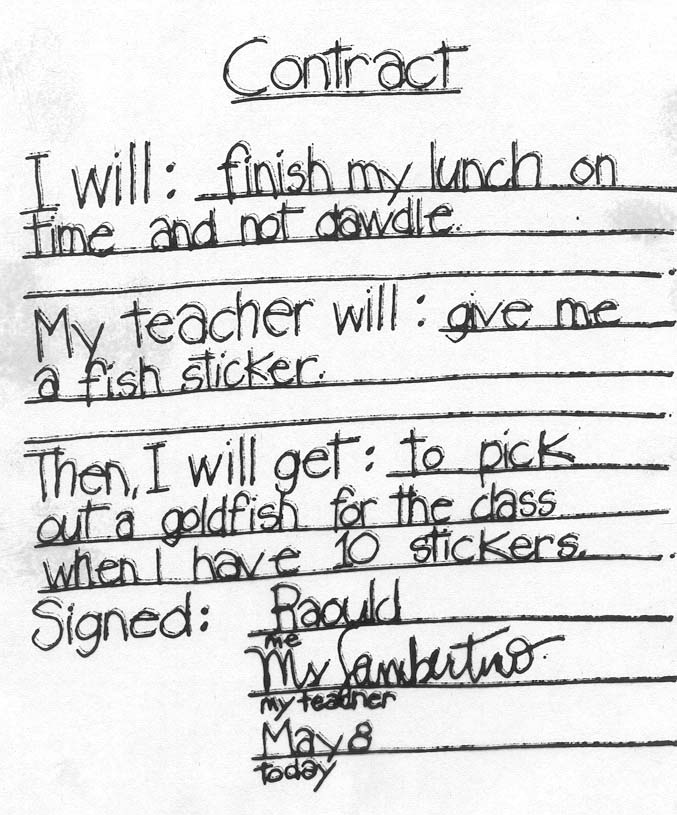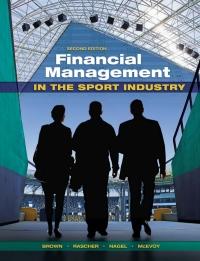Question
IRAC BRAILSFORD, Justice. Hodge v. Shea Supreme Court of South Carolina. 252 S.C. 601 (1969) 168 S.E.2d 82 In this equitable action the circuit court
IRAC

BRAILSFORD, Justice.
Hodge v. Shea Supreme Court of South Carolina. 252 S.C. 601 (1969) 168 S.E.2d 82
In this equitable action the circuit court decreed specific performance of a contract for the sale of land, and the defendant has appealed. The plaintiff is a physician, and the contract was prepared and executed in his medical office on August 19, 1965. The defendant had been plaintiff's patient for a number of years. On the contract date, he was seventy-five years of age, was an inebriate of long standing, and was afflicted by grevious chronic illnesses, including arteriosclerosis, cirrhosis of the liver, neuritises, arthritis of the spine and hip and varicose veins of the legs. These afflictions and others required constant medication and frequent medical attention, and rendered him infirm of body and mind, although not to the point of incompetency to contract.
During the period immediately before and after August 19, 1965, George A. Shea, the defendant, was suffering a great deal of pain in his back and hip and was having difficulty in voiding. He was attended professionally by the plaintiff, Dr. Joseph Hodge, either at the Shea home, at the doctor's office or in the hospital at least once each day from August 9 through August 26, 1965, except August 17. The contract was signed during the morning of August 19. One of Dr. Hodge's frequent house calls was made on the afternoon of that day, and Mr. Shea was admitted to the hospital on August 21, where he remained until August 25.
Mr. Shea was separated from his wife and lived alone. He was dependent upon Dr. Hodge for house calls, which were needed from time to time. His relationship with his physician, who sometimes visited him as a friend and occasionally performed non- professional services for him, was closer than ordinarily arises from that of a patient and physician....
A 125 acre tract of land near Mr. Shea's home, adjacent to land which was being developed as residential property, was one of his most valuable and readily salable assets. In 1962, the developer of this contiguous land had expressed to Mr. Shea an interest in it at $1000.000 per acre. A firm offer of this amount was made in November, 1964, and was refused by Mr. Shea on the advice of his son-in-law that the property was worth at least $1500.00 per acre. Negotiations between the developer and Mr. Ransdell (Mr. Sheas son-in-law) commenced at that time and were in progress when Mr. Shea, at the instance of Dr. Hodge and without consulting Mr. Ransdell or anyone else, signed the contract of August 19, 1965. Under this contract Dr. Hodge claims the right to purchase twenty choice acres of the 125 acre tract for a consideration calculated by the circuit court to be the equivalent of $361.72 per acre.... The consideration was expressed in the contract between Dr. Hodge and Mr. Shea as follows:
"The purchase price being a Cadillac Coupe DeVille $4000.00 Dollars, on the following terms: Dr. Joseph Hodge to give to Mr. George Shea a new $6600 coupe DeVille Cadillac which is to be registered in the name of Mr. George A. Shea at absolutely no cost to him. In return, Mr. Shea will give to Dr. Joe Hodge his 1964 Cadillac coupe DeVille and shall transfer title of this vehicle to Dr. Hodge. Further, Dr. Joseph Hodge will pay to Mr. George A. Shea the balance of $4000.00 for the 20 acres of land described above subject to survey, title check, less taxes on purchase of vehicle....
The case at hand is attended by gross inadequacy of consideration, serious impairment of the grantor's mentality from age, intemperance and disease, and a confidential relationship between the grantee and grantor. Has the strong presumption of vitiating unfairness arising from this combination of circumstances been overcome by the evidence? We must conclude that it has not.
The record is devoid of any evidence suggesting a reason, compatible with fairness, for Mr. Shea's assent to so disadvantageous a bargain. Disadvantageous not only because of the gross disparity between consideration and value, but because of the possibility that the sale would impede the important negotiations in which Mr. Rankled was engaged. Unless his memory failed him, Mr. Shea knew that his son-in-law expected to sell the 125 acre tract for about $1500.00 per acre as an important step toward raising sufficient funds to satisfy the tax and judgment liens against the Shea property.
These circumstances furnish strong evidence that Mr. Shea's assent to the contract, without so much as notice to Mr. Randsell, was not the product of a deliberate exercise of an informed judgment. Without suggesting that this transaction could be sustained as an act of generosity prompted by past favors, we point out that Dr. Hodge does not urge this view. Instead, he testified that the transaction was a "business deal" and that he bargained to pay all that the land was worth at the time. Quoting from his testimony, "(T)here was a tax lien on this property and when I purchased it this was a speculative problem. I didn't know that I'd ever get title to this property and this was a gamble that I had to take when I signed for this property." This contention would have little appeal to a court of equity even if Dr. Hodge had incurred a risk of loss from a title defect, against which, in fact, he was protected. By the terms of the contract, he could have lost only his enormous bargain if the liens had not been cleared....
Finally, on this phase of the case, it would be naive not to recognize that the 1965 Cadillac was used to entice a highly susceptible old man into a hard trade. Mr. Shea was fatuously fond of new Cadillacs, but was apparently incapable of taking care of one. His own 1964 model (he had also had a 1963 model) had been badly abused. According to Dr. Hodge, it "smelled like a toilet. * * * had several fenders bumped, bullet holes in the top and the car was just filthy * * *. It was a rather foul car." There is no suggestion in the record that Dr. Hodge had any connection with an automobile business. Knowing the condition of Mr. Shea's car, his financial predicament and the activities of his son-in-law in his behalf, Dr. Hodge used the new automobile as a means of influencing Mr. Shea to agree to sell. The means was calculated to becloud Mr. Shea's judgment, and, under the circumstances, its use was unfair.
The appeal is clearly meritorious .... We, therefore, deny respondent's motion to dismiss the appeal. Reversed and remanded.
Contract My techer will gve me Then,I will get: to pick Signed: S5 rMy Contract My techer will gve me Then,I will get: to pick Signed: S5 rMy
Step by Step Solution
There are 3 Steps involved in it
Step: 1

Get Instant Access to Expert-Tailored Solutions
See step-by-step solutions with expert insights and AI powered tools for academic success
Step: 2

Step: 3

Ace Your Homework with AI
Get the answers you need in no time with our AI-driven, step-by-step assistance
Get Started


